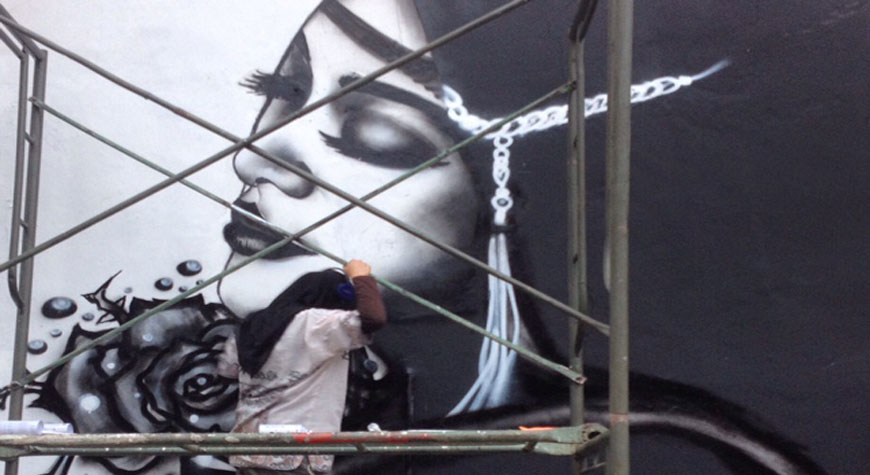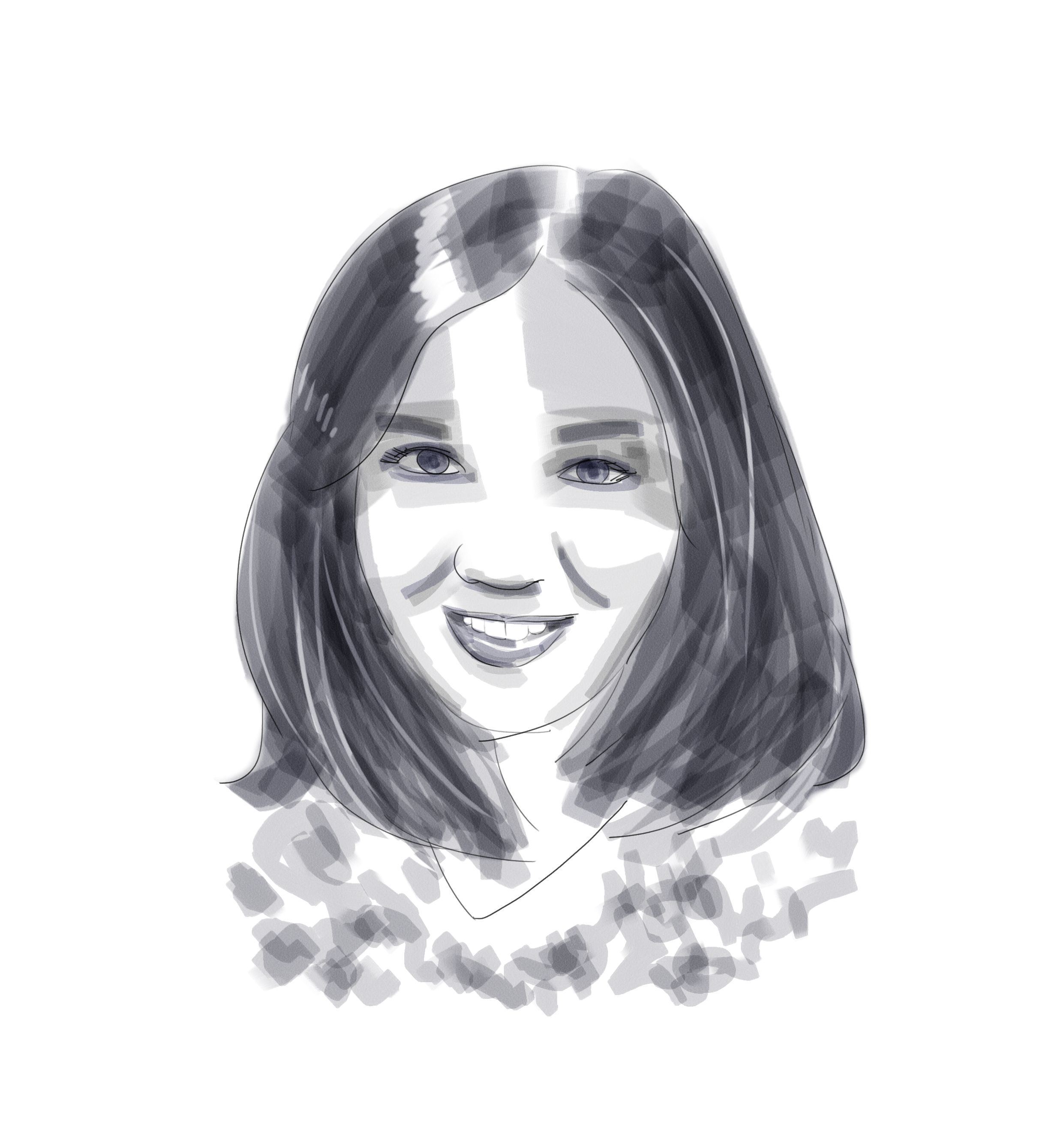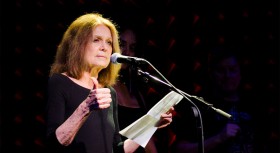“Artists can often be pathfinders in squeezing out possibilities in unlikely situations,” according the catalogue of Jakarta Biennale 2015. And so this year’s Biennale captures the spirit of questioning common norms and values to create room for other ways of thinking about society, gender, sex and living together.
The biennial visual art exhibition that started in 1974 opens this Saturday, Nov. 14 with the theme “Maju Kena Mundur Kena: Bertindak Sekarang” (Neither Back nor Forward: Acting in the Present). It is a reminder to exist firmly in the present, the here and now, rather than being trapped in the gloom and doom of the past or stranded in the impossible utopia of the future.
For the first time, Jakarta Biennale cooperates with an international curator, Charles Esche from Scotland, who collaborates with young Indonesian curators: Anwar “Jimpe” Rachman (Makassar), Asep Topan (Jakarta), Benny Wicaksono (Surabaya), Irma Chantily (Jakarta), Putra Hidayatullah (Banda Aceh), and Riksa Afianty (Jakarta).
Featuring 42 Indonesian artists and 28 international artists, this year’s Biennale highlights three topics: water, history and gender. The artists correlate these topics in their works on broader issues, such as the economy, social affairs, politics, and environment.
“In the making of this exhibition, we don’t want to be burdened by theories. We want to make a simple project that focuses on common issues everybody can relate to. That is why we decided to go with those three main topics," said Irma Chantily, a curator from Jakarta.
Water is the source of life but can also be a cause of a disaster, boths problems Indonesia knows so well. History is important to help people reflect and contemplate in order to deal with the present.
Choosing gender as one of its main focal points shows an effort to be a more engaging society where every one is equal and people can live side by side despite their differences.
“Discussing sexual construct and gender roles, we can’t only focus on men,” Irma said.
“We realized the importance of giving a voice to women. Although women in the West might have a slightly different experience than women in Indonesia, we have to admit that even up to this point, patriarchy is still standing strong. We give the artists the opportunity to look into this issue because we think that we still have a lot of situations to address, norms to criticize, and fresh perspectives to introduce,” she added.
Disproportionate power relations between the genders often nourish in violence and Turkish artist Zeyno Pekünlü hits on this issue with a series of posters in the style of a B-movie. Features herself as the main character, the fictional film on which these posters are based tells the story of a Turkish woman who leaves her country to learn Pencak Silat (Indonesian traditional martial arts), so she can return home to avenge those who assaulted her.
In the past decade, violence against women and “honor killing” in Turkey has risen rapidly, with five women murdered each day. The murderers commonly get remission and are freed after several years in prison. Meanwhile, women who defend themselves or kill their abusers are punished more severely than their male counterparts. The video is her attempt to answer the problem, to fight against injustice and encourage women to defend themselves and claim their legal rights.
“In my other works I don’t only emphasize on femininity, but also masculinity. It’s about time we redefine masculinity and reconsider our ways in raising boys. Let’s stop the toxic macho culture,” said Zeyno in the press conference.
Other artists featured in the catalogue, such as Kolatt from Myanmar and Maika Elan from Vietnam presented the issue of homosexuality in their artworks.
Living in Myanmar, where homosexual men and women are criminalized, Kolatt’s offers perspectives in his artwork, Apple, by exploring human rights and LGBTQ issues. He presents various ways to enjoy an apple, from the easiest to the most impossible way. One thing for sure, human culture has more dimension than an apple which means it is required to be appreciated in more various ways. According to Kolatt, culture is not derived from one single truth, but from various beliefs of the people who nurture it. Over time a belief can be questioned and even revised and human culture will adapt to it.

Maika Elan from Vietnam began her photography project, The Pink Choice, in 2010. Vietnam removed punishment and criminalization of same-sex marriages recently, and since January 2015, homosexual couples can get married freely, even though they have yet to receive equal legal rights and protection as their heterosexual counterparts. This step made Vietnam the first country in the predominantly-conservative Asia with a progressive and friendlier law toward homosexuality.
Maika took photographs of homosexual and transgender couples in intimate spaces and situations. Aiming for intimacy in her exhibition space, she printed the photographs in a small size, inviting the public to take a step closer, both literally and metaphorically, to see that love is not limited by gender differences. The photographs are displayed in a closed space, opening the possibility for the public to interact with each other.
Jakarta Biennale also provides space for Indonesian women artists to create murals, namely Cut Putri, NUR, Aprilia Apsari, Wonderyash, Marishka Soekarno, and Sanchia T. Hamidjaja. Other than the two-months long visual art exhibitions, Jakarta Biennale also presents community projects, performance art, symposium, workshop, talkshow with the artists, Biennale tour, creative weekend market, and other supporting events – all free of charge.
Among many events that will be held, on November 27th there is a FEMART gathering with a movie screening of a documentary film Memory and Hope and a discussion themed “Artists and Sexual Violence” featuring guest speakers, Dewi Candraningrum from Jurnal Perempuan, Linda Christianty (an author), and Naomi Srikandi from Teater Garasi Yogyakarta. Additionally, on November 28th, there will be Unmasked: FEMPOET, a poetry reading dedicated to sexual violence survivors featuring guest stars Sha Ine Febriyanti and Dinda Kanyadewi.
Read Ayunda’s piece on body autonomy and power relations in sexual abuse.










Comments